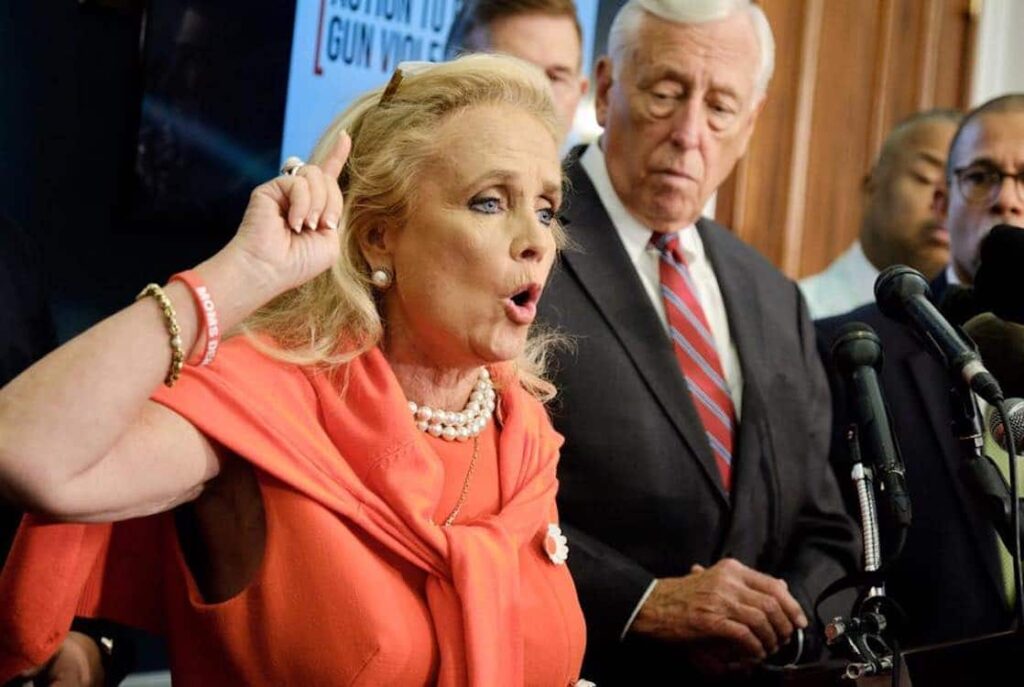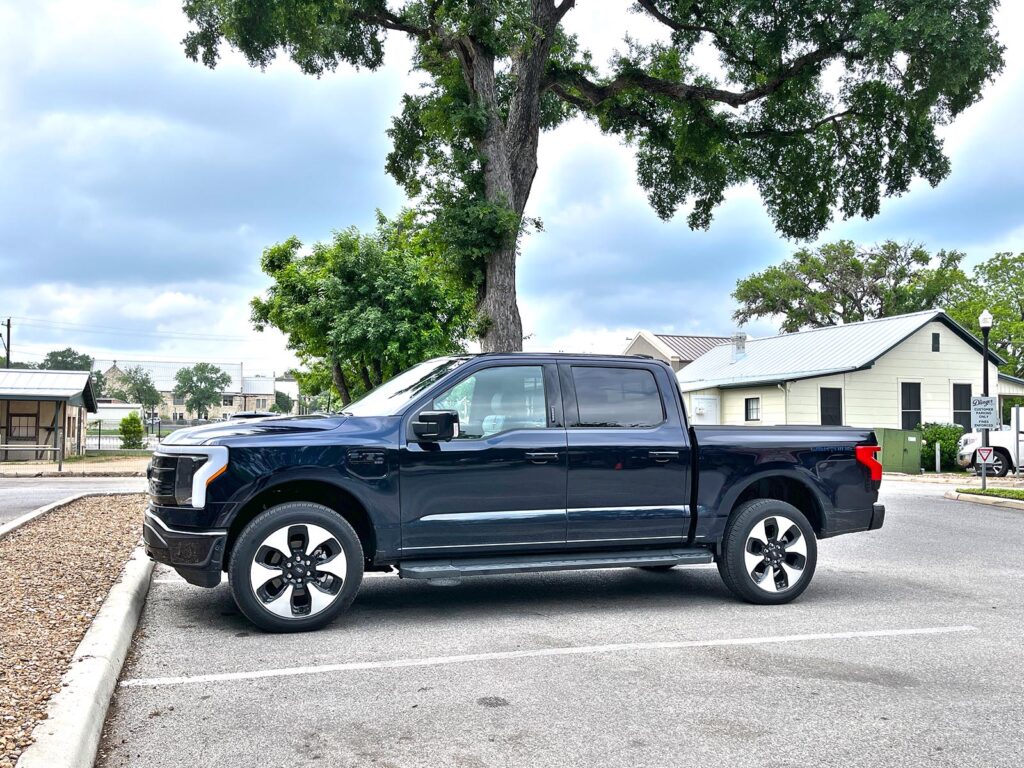Revisions to the EV tax credits are not a dead letter on Capitol Hill, according to at least one influential politician.

Debbie Dingell (D-Michigan) told TheDetroitBureau.com discussions about the EV tax credit are continuing in Washington, D.C.
“There is a lot of discussion going on and lot of negotiation going on, so I would not say it is dead. But I am not going to negotiate in the newspapers,” said Dingell, a confidante of House Speaker Nancy Pelosi, a member of in the Energy and Commerce Committee, and an influential advocate for the auto industry in Congress.
Dingell spoke with reporters while attending the groundbreaking for an expansion of the Hyundai Automotive Technical Center Inc. in Superior Township, Michigan, outside Ann Arbor.
As part of a settlement with the National Highway Transportation Safety Administration, Hyundai as agreed to build $52 million Safety and Test Investigation Lab to focus and ways to correct defects and improve designs.
Meanwhile without revisions, buyers of EVs made by companies such as Tesla and General Motors are no longer eligible for credits because both companies have reached a cap on credits of 200,000 originally put in place in 2007.

Several other automakers, among them Ford, Hyundai and Nissan, are rapidly approaching the cap limit, which the Alliance for Automotive Innovation says should be lifted right across the board to the benefit any company making electric vehicles.
EVs will have to survive without tax credits
Revisions would level the playing field, noted Stephanie Brinley, lead automotive analyst for S&P Global Mobility, who added one approach under discussion could eliminate the cap on tax credits for individual manufacturers and then phase it out completely as the market share of EVs increase.
“Ultimately EVs are going to have to make it on their own without tax credits,” she said.
Jose Munoz, Hyundai Motor North America, told TheDetroitBureau.com previously he believes the sales of EVs have been growing so quickly in North America, they could continue to expand without the tax credits.

The EV tax credits have come under fire. Reuters reported last week a proposal to increase the credit for EVs made in unionized plants is dead, leaving lobbyists for Detroit’s carmakers scrambling to salvage and revise the existing credits. Reuters suggested chances of reforms to the existing tax credit regime seemed diminished.
Stumbling block
An expansion of tax credits originally was part of President Joe Biden’s Build Back Better plan, which was scuttled last December after negotiations with Senator Joe Manchin (D-West Virginia) broke down. The climate related-issues — including the EV tax credit — were one of the key reasons the talks stalled.
Toyota, which is opposed to an expanded credit for union made EVs, operates a plant in West Virginia, and, like most Senators, Manchin is attentive to business interests in his home state.
Dingell, however, says she still believes changes to the EV tax credit can make through Congress this year.








Given that the Fed is raising the interest rates like a rocket, car purchases are dropping like a rock. Without the tax credits nobody will by an EV when the same gasoline engine car is $8000 cheaper. Of course, the Republicans are betting on a recession to put them back in control so no hurry there. Only hope is Budget Reconciliation Bill.
Dave, car sales have been down for some time but largely reflect a lack of inventory. It is far from clear — yet — that rising interest rates are having an impact on demand.
Paul E.